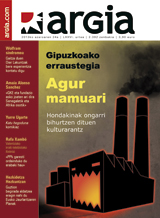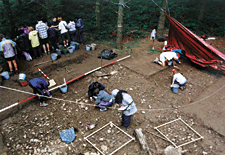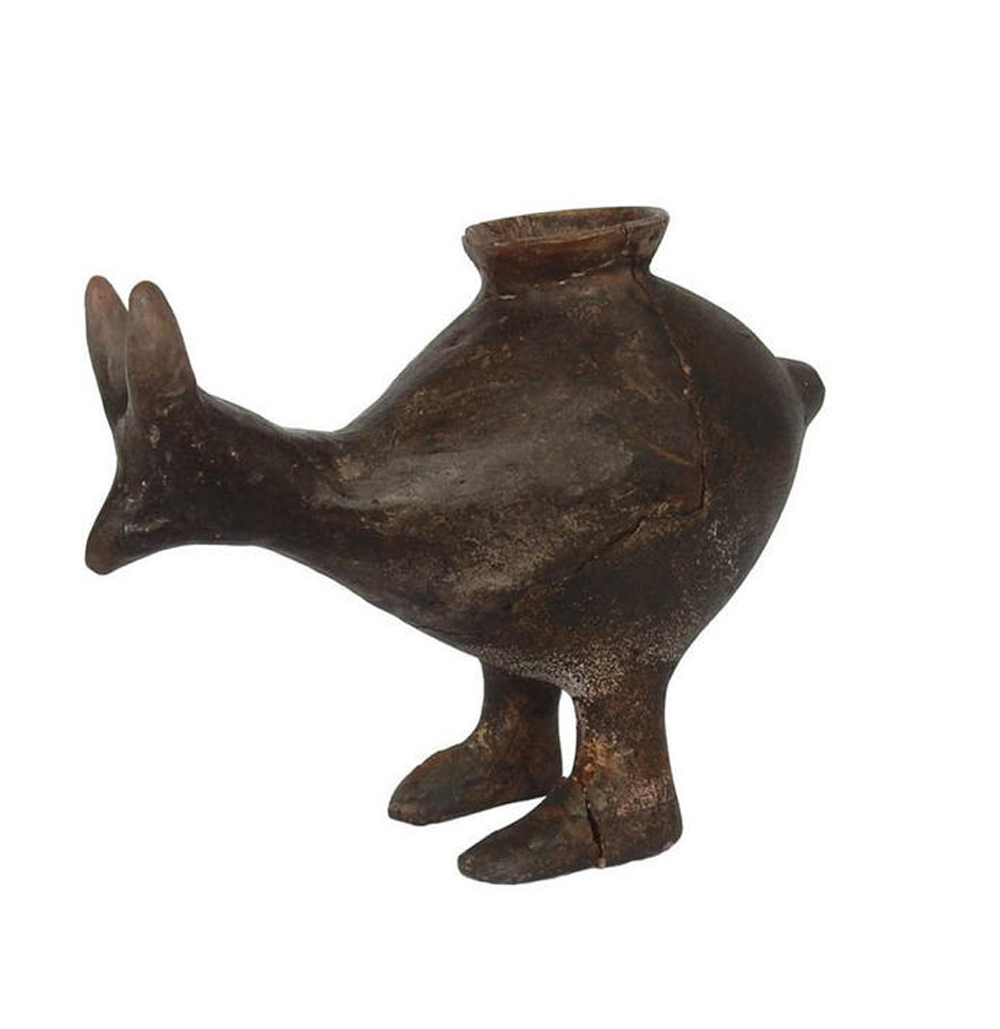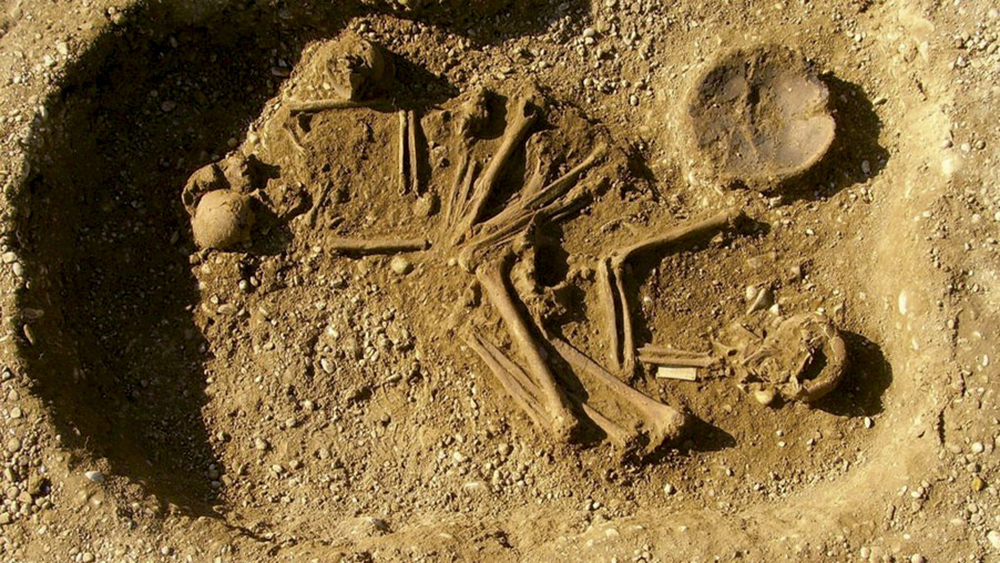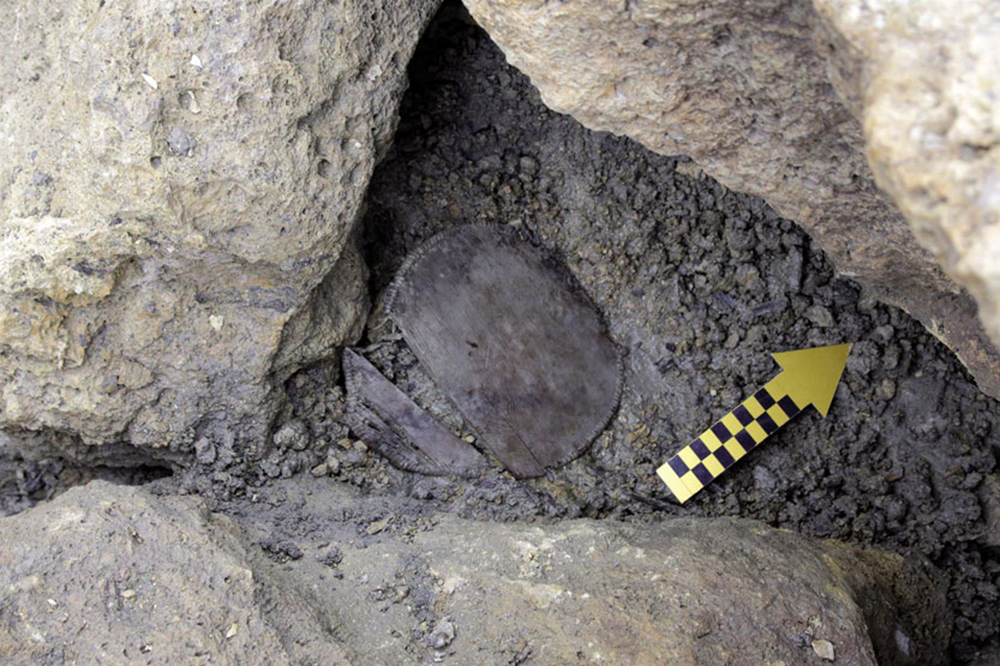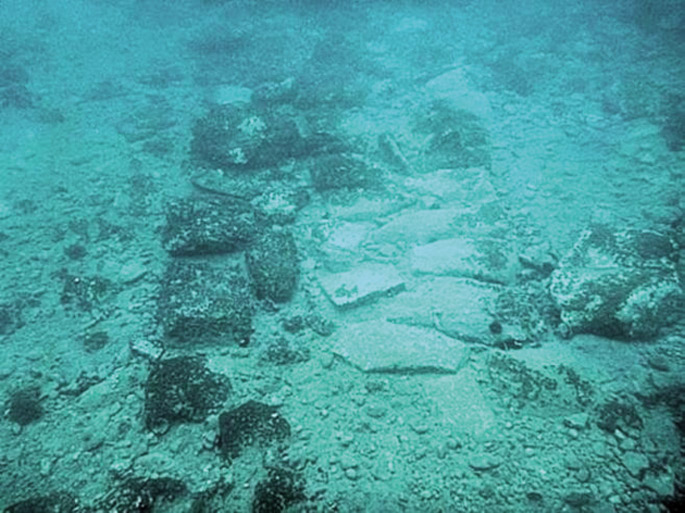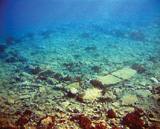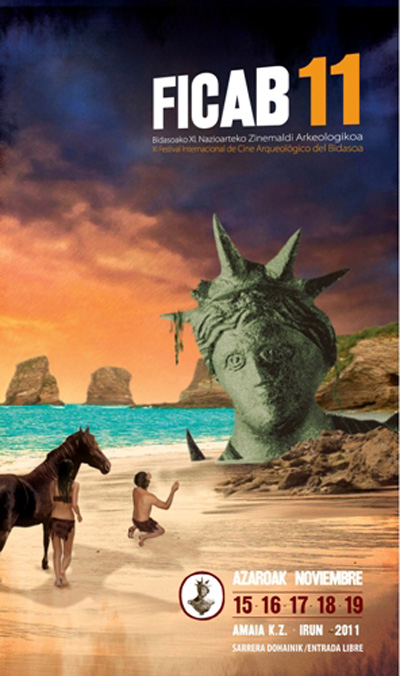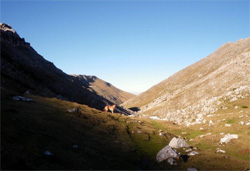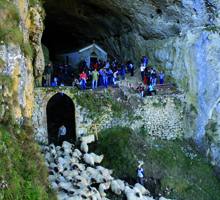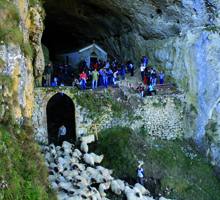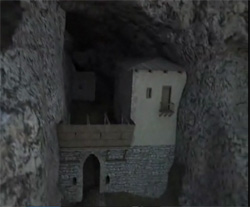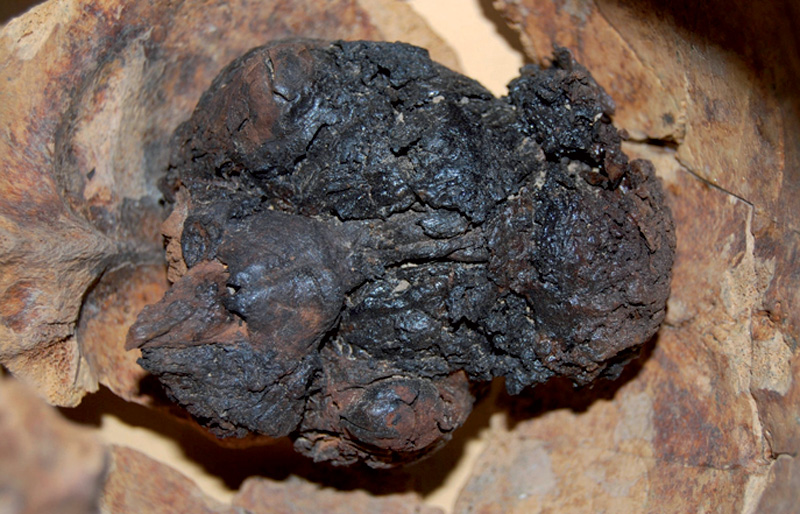
At the Bronze Age site of Seyitömer Höyük (Turkey), several skeletons have been found, as well as brain debris corresponding to them. The finding is important because the preservation of soft tissues is difficult. It is the oldest human remains found to date, dating back more than 4,000 years old. Previously, the list, 2,600 years old, was headed by the Community Executive.
The experts' hypothesis is that the owners of these brains died from the earthquakes that are common in the area and then a fire broke out that apparently exhausted the oxygen inside the cave and slowed the brain down. Soil formation has also contributed; magnesium, potassium and aluminum reacted with brain traces, hardening the organ as if it were ceramics.
Although it is good news for paleontologists, the finding may especially contribute to neuroscience. The study of brain pathologies (hemorrhages, tumors, neurodegenerative diseases...) of these individuals can help to better understand the origin, evolution and characteristics of these diseases.
Researchers from the University of Geneva, the Swiss School of Archaeology and the Greek Antiquities Section have discovered a city of the Bronze Age in the Aegean Sea. In the 15th century a. Around the years 2000-3000 it is believed that the city was of great importance,... [+]
Gaur abiatu eta datorren larunbata arte, Bidasoako Nazioarteko Zinemaldi Arkeologikoaren hamaikagarren edizioa egingo dute Irunen. Genero honi buruzko zinemaldi bakarra da Euskal Herrian eta Espainiako Estatuan eta aurten euskal dokumentalak izango dira protagonista. Hala,... [+]
Gipuzkoa eta Araba lotzen dituen San Adriango tunela iraganean pasabide garrantzitsua izan zeneko zantzuak egon arren, orain arte ez zen ikerketa sakonik egin. Denboraren tunela bailitzan, duela 4.000 urteko bizitoki, Erdi Aroko gotorleku edo duela 500 urteko errepideetako... [+]









